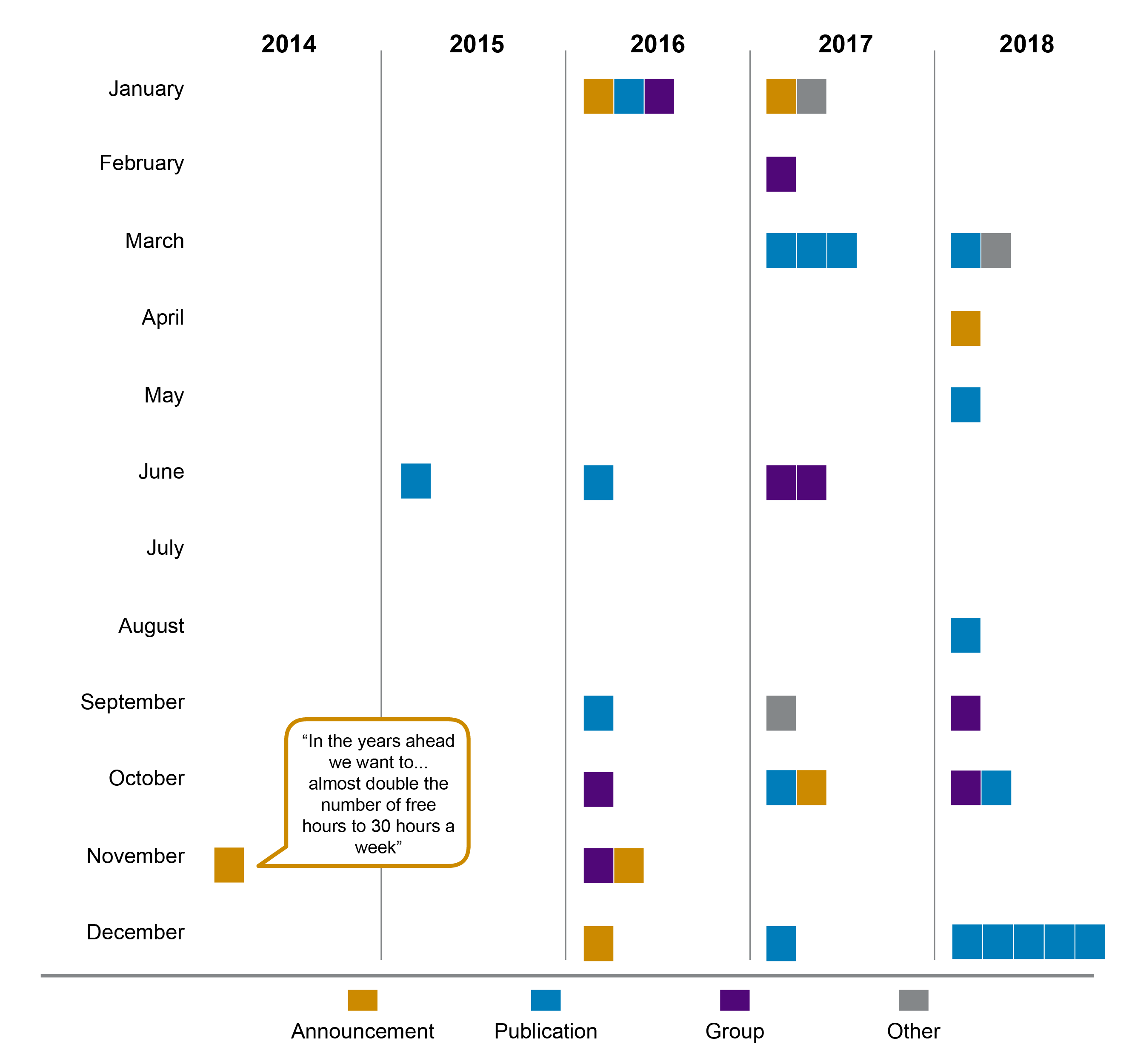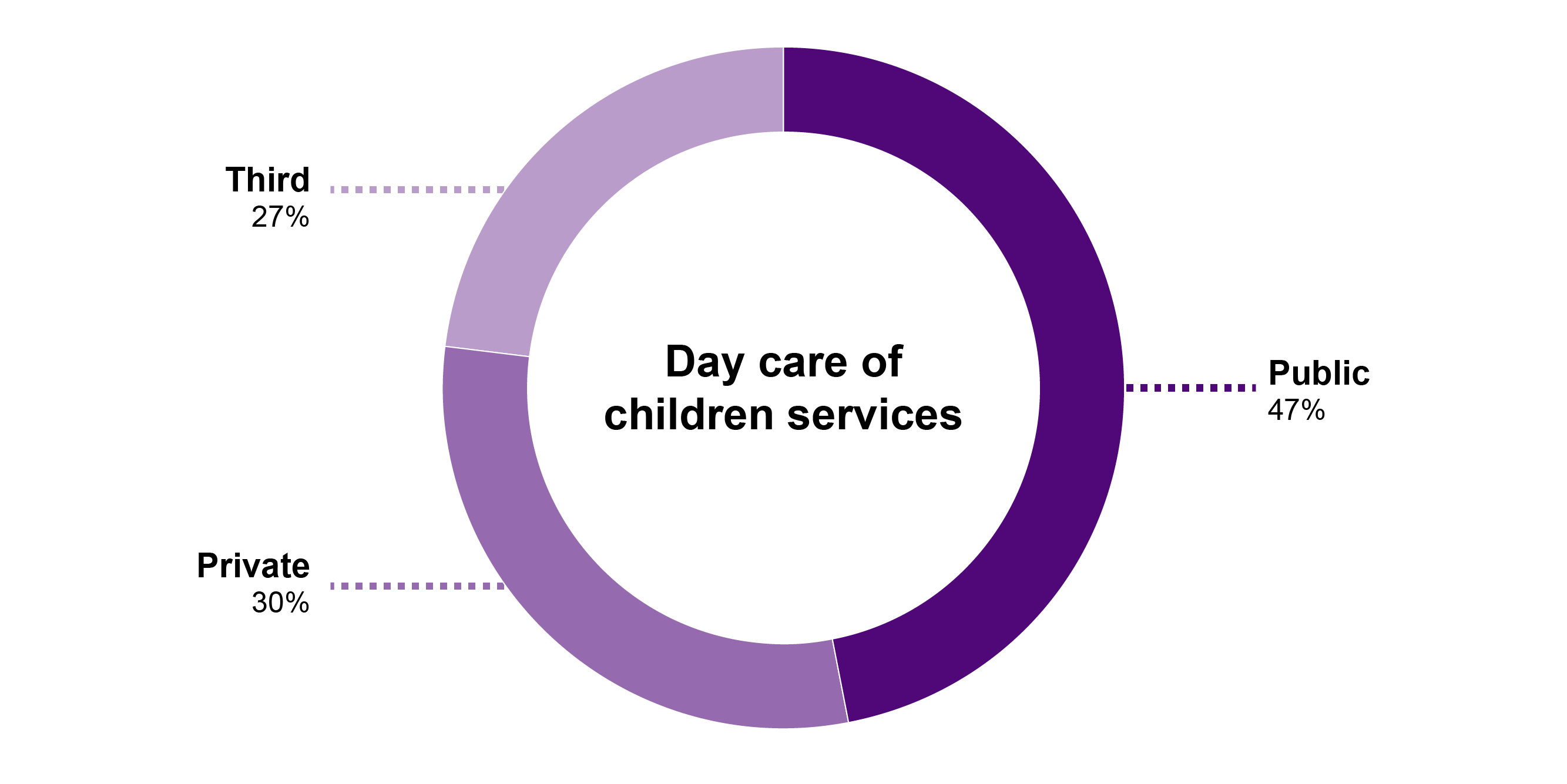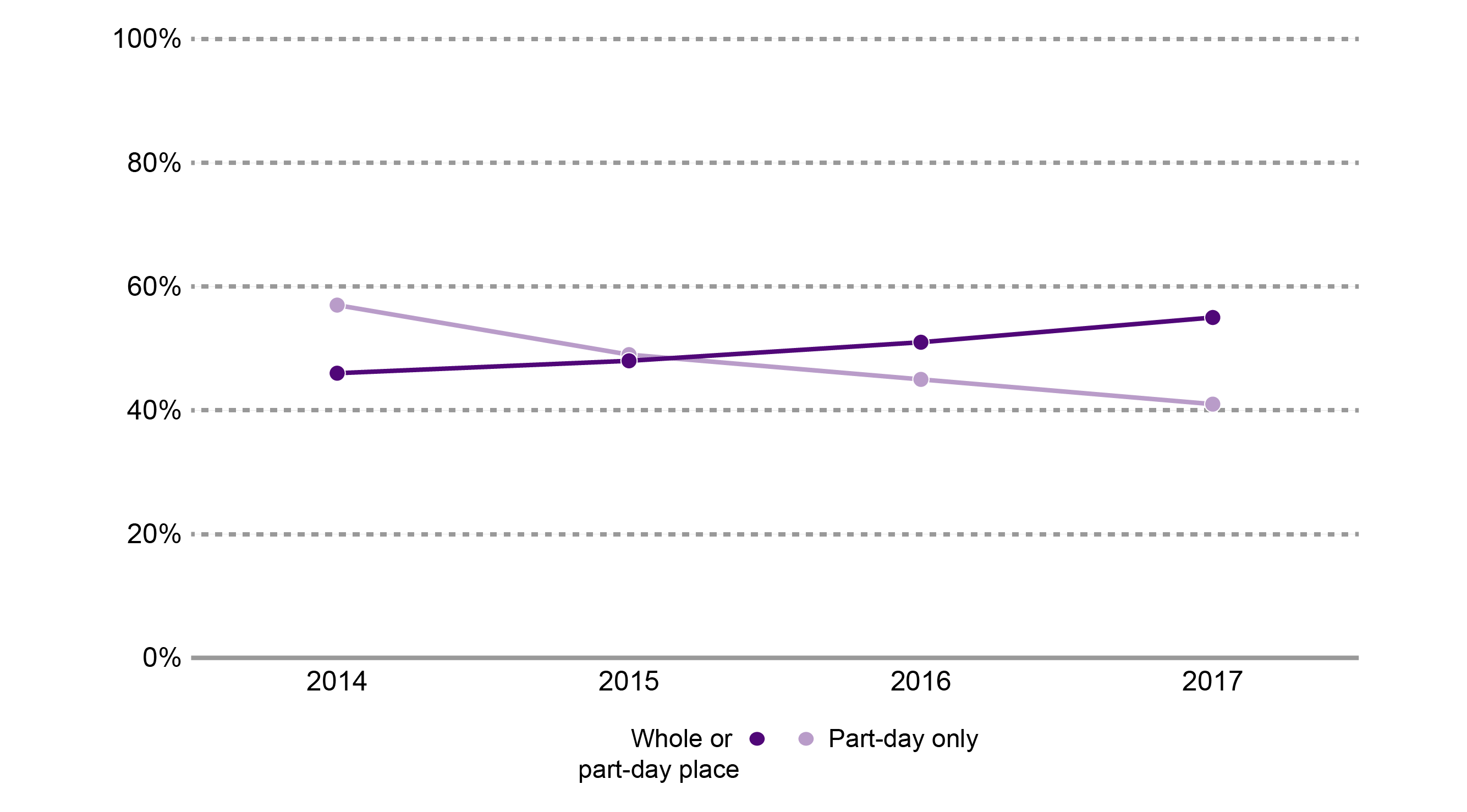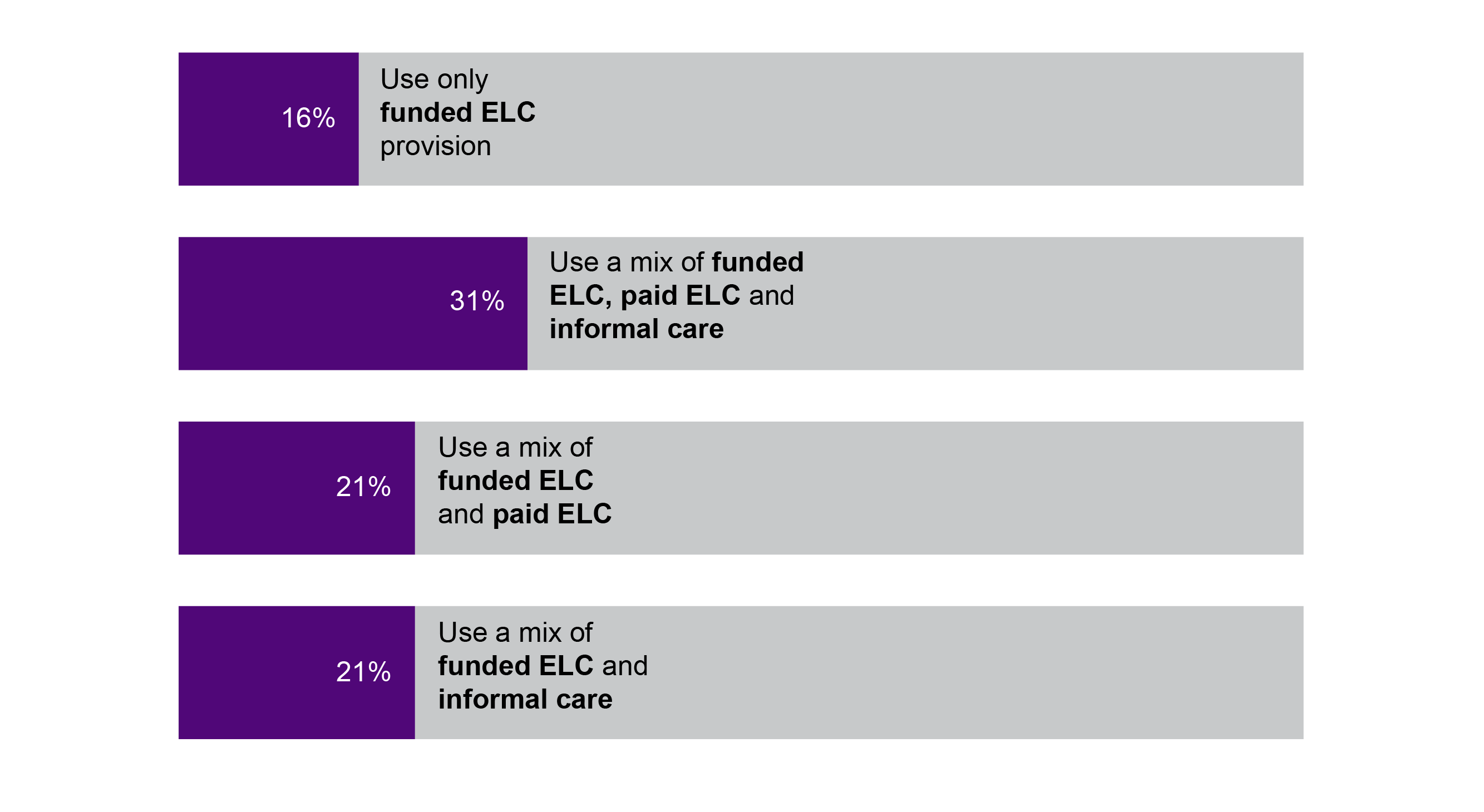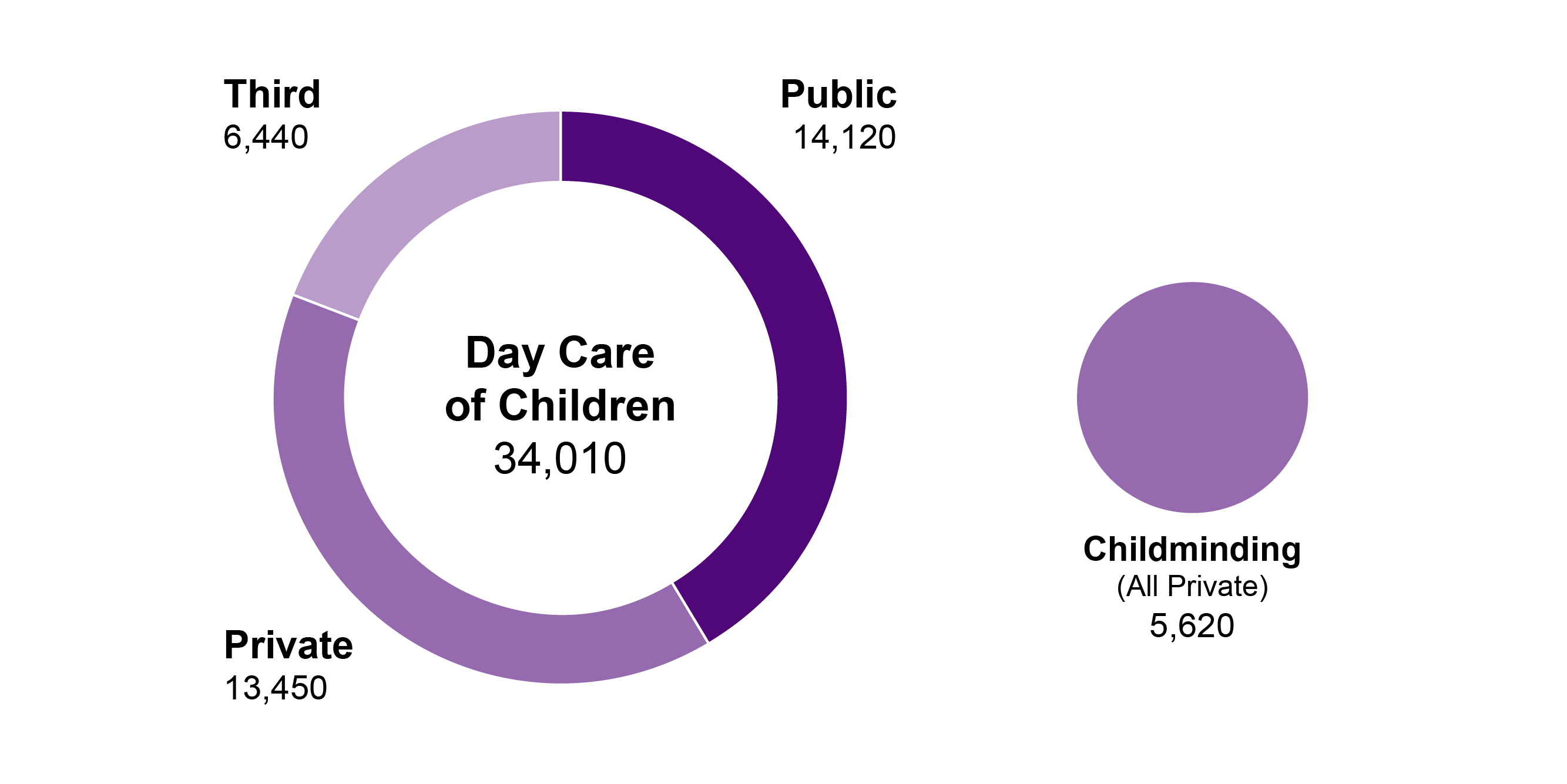Scottish Government. (2018, December 18). Funding Follows the Child and the National Standard for Early Learning and Childcare Providers: Frequently Asked Questions for Local Authorities and Providers. Retrieved from
https://www2.gov.scot/Publications/2018/12/9036/downloads [accessed 25 January 2019]
Scottish Government. (n.d.) Personal Communication.
Angus Coucnil. (n.d.) Personal Communication.
Moray Council. (n.d.) Personal Communication.
Scottish Government. (2019, March). ELC Expansion Programme Update (March 2019). [accessed 11 April 2019]
Scottish Government. (2019, January). ELC Expansion Programme Update (January 2019). [accessed 26 February 2019]

